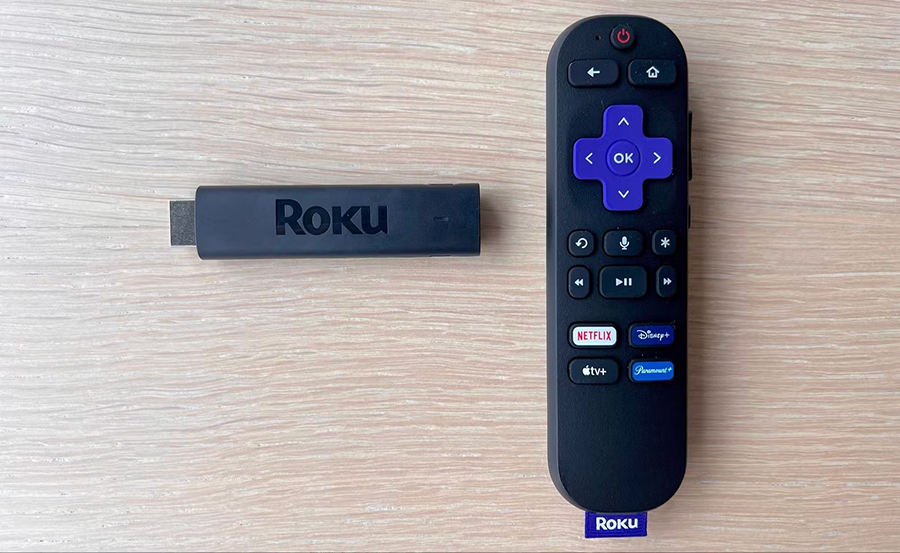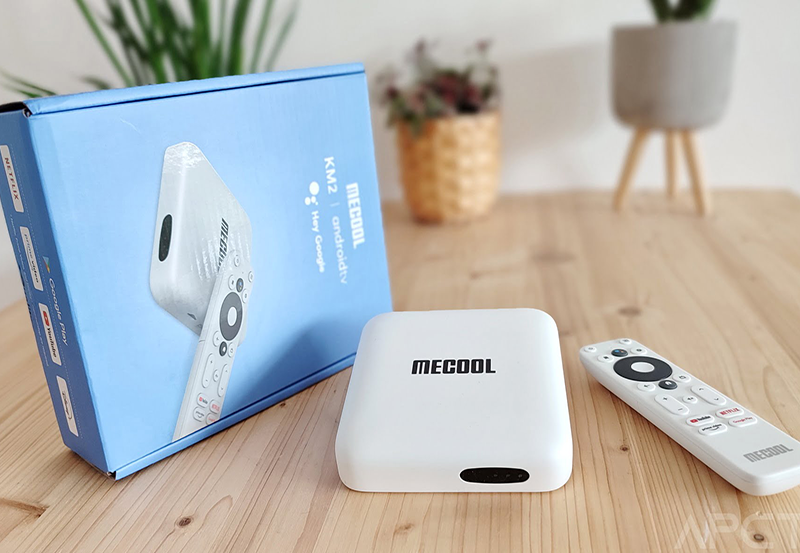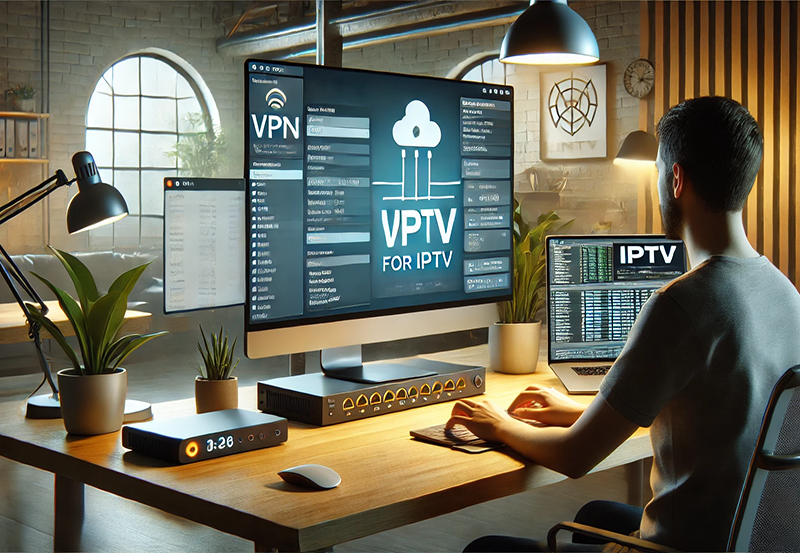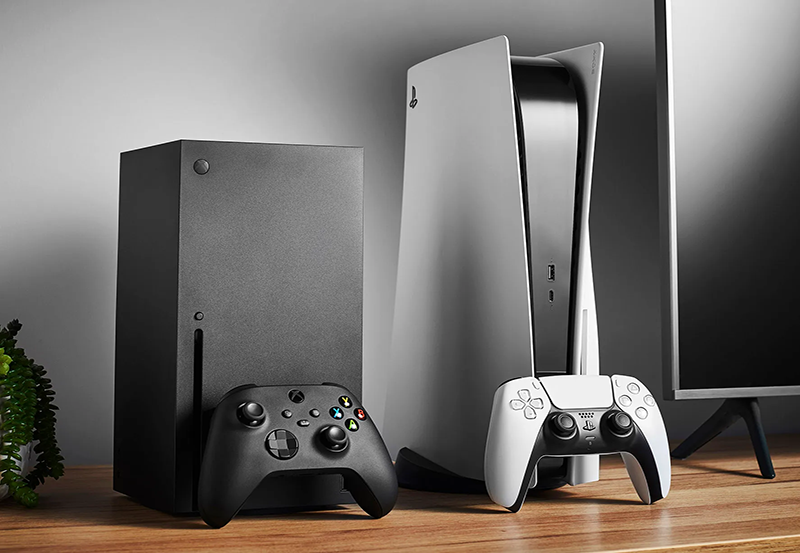Streaming technology has reshaped how we understand and engage with television. Two of the standout technologies in this space are Over-the-Top (OTT) and Internet Protocol Television (IPTV). Both leverage internet capabilities to deliver content but differ significantly in operation and application. As Roku continues to be a dominant platform for streaming, understanding these differences becomes crucial for consumers and tech enthusiasts alike.
The Rise of OTT and IPTV
The landscape of digital content consumption has evolved dramatically over the past decade. Traditional cable subscriptions have seen a decline, giving way to streaming services that offer on-demand content at the viewer’s convenience. This shift has been propelled by two main technologies: OTT and IPTV. At their core, both provide an avenue to stream content over the internet, yet each serves a different purpose.
Defining OTT
OTT, or Over-the-Top, refers to the delivery of video, audio, and other media content over the Internet, bypassing the traditional delivery channels. This means users only require an internet connection and a compatible device to access a wealth of content from providers like Netflix, Hulu, Amazon Prime Video, and many others. The term ‘over-the-top’ stems from the capability to go above and beyond traditional cable systems, giving users freedom of choice.
Pro Suggestion:
Enjoy crystal-clear streams of British TV with IPTV for UK channels and watch all your favorites on demand.
Unpacking IPTV
IPTV, or Internet Protocol Television, is slightly different. It uses a dedicated, managed network to deliver content. Often considered to mimic the traditional cable experience through the digital lens, IPTV streams channels live, offering both real-time content and the ability to use DVR to watch missed broadcasts. This makes IPTV attractive to users who prefer a more traditional viewing experience, yet desire the flexibility of newer technology.
OTT vs. IPTV: Key Distinctions
While OTT and IPTV both rely on internet infrastructure, their delivery methods and viewer experience significantly differ. Understanding these differences is key to selecting the right service for your needs, especially for devices like Roku.
Content Delivery
OTT services broadcast content over the open Internet, making them more accessible but potentially susceptible to network issues such as buffering. In contrast, IPTV operates on a closed network which often provides more consistent quality due to controlled bandwidth. This is advantageous for users needing stable and reliable service.
Access and Cost
Access to OTT content is generally more affordable due to a subscription-based model, while IPTV might require higher investments upfront for equipment and service packages. Understanding these cost implications can guide users in making more informed financial decisions.
Device Compatibility
When talking about Roku, a versatile streaming device, both OTT and IPTV have considerable compatibility. However, OTT services usually have broader availability compared to IPTV, which might require a specific app like DuplexIPTV to function seamlessly.
Integrating OTT and IPTV with Roku
Roku continues to be a preferred device owing to its simplicity and user-friendly interface. It’s crucial, however, to understand how OTT and IPTV services can be integrated for optimal use.
Setting Up OTT on Roku
Accessing OTT services on Roku is straightforward. Most OTT providers offer dedicated apps on Roku’s platform, allowing users to download and instantly stream content. The streamlined interface supports easy navigation among various OTT apps.
Setting Up IPTV on Roku
Setting up IPTV on Roku can be a bit more complex. Users generally need third-party apps like DuplexIPTV to access IPTV content. The process involves installing the app, inputting IPTV subscription details, and potentially a bit of troubleshooting to ensure smooth operation. Although IPTV trials can help determine the best configuration before committing.
Benefits and Challenges of OTT and IPTV on Roku
While both OTT and IPTV offer unique benefits, they also present distinct challenges when used with Roku devices. Users need to weigh these factors carefully to optimize their viewing experience.
OTT Benefits
- Wide range of content variety offered by multiple providers
- Lower costs with flexible subscription plans
- Ease of use with intuitive interfaces
However, OTT can suffer from inconsistent quality due to network dependencies.
IPTV Pros and Cons
IPTV on Roku holds the advantage of consistent streaming quality and familiar channel-based navigation. Yet, it often requires specific technical setups and potentially higher costs, which might be off-putting for some users.
Conclusion: Making an Informed Decision
Navigating the realm of streaming can be daunting with the array of choices available. For users considering Roku and exploring options like OTT and IPTV, understanding the distinctive characteristics of each can lead to more satisfying decisions. Balancing quality, cost, and convenience will ultimately determine the right fit. As technological advancements continue, staying informed is the ultimate streaming insight that keeps you ahead of the curve.
Frequently Asked Questions (FAQs)

1. What is Roku’s role in OTT streaming?
Roku serves as a platform that enables users to access OTT content through various service apps. With its user-friendly interface, Roku makes navigating OTT services seamless and simple.
2. Can IPTV be used on Roku without additional apps?
Typically, accessing IPTV on Roku requires additional apps like DuplexIPTV. Unlike OTT services that have native support on Roku, IPTV configuration needs additional settings.
3. Are IPTV trials beneficial before committing to a service?
Yes, IPTV trials allow users to test both quality and compatibility with devices like Roku before subscribing to a full package, minimizing risk and ensuring the service meets expectations.
4. How do cost factors differ between OTT and IPTV?
Generally, OTT services have lower and more flexible pricing models compared to IPTV, which may require higher upfront costs for equipment and setup.
5. What’s the difference in quality between OTT and IPTV on Roku?
IPTV can offer superior quality since it operates on a managed network, unlike OTT, which might experience quality variances due to internet traffic.
Best IPTV with HD Streaming in the USA





